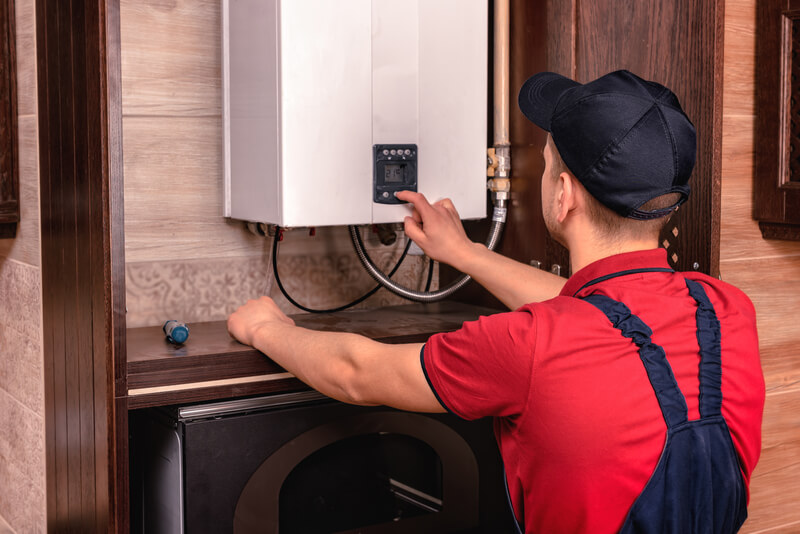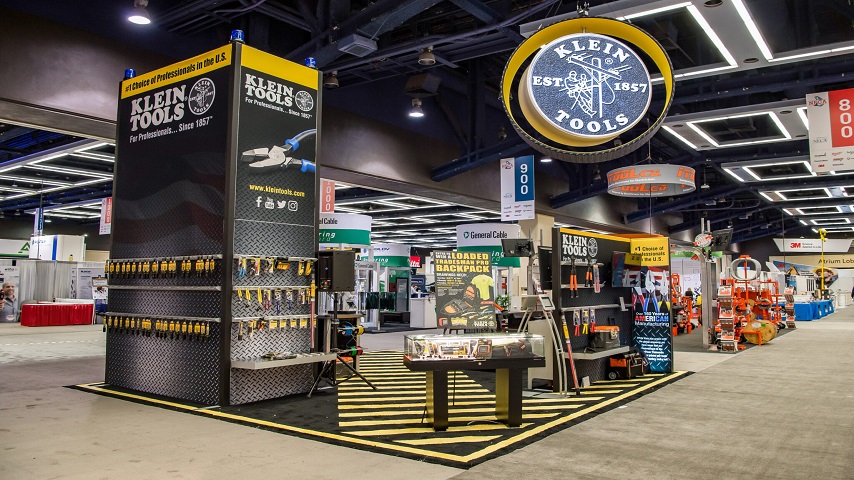When deciding between an electric and a gas boiler for your home, you must weigh many factors, including cost, effectiveness, environmental impact, and installation needs. Both types of boiler Installation have pros and cons, and the best choice depends on your specific conditions and preferences.
Initial Cost and Installation:
Gas Boilers:
Cost:
Typically, the initial buying price of a gas boiler is higher than that of an electric boiler. However, gas boilers tend to have a longer lifespan, which can offset the initial expense over time.
Installation:
Installing a gas boiler is more complex. It requires connecting to the gas supply, installing flue systems for venting, and possibly modifying existing pipework. This makes the installation process longer and more expensive compared to electric boilers.
Electric Boilers:
Cost:
Electric boilers are generally cheaper to purchase upfront. They are plainer in design and have fewer elements.
Installation:
The electric boilers’ installation process is typically quicker and less invasive. They do not require a gas supply or flue, reducing both the complexity and cost of installation. This makes them an eye-catching choice for homes without a current gas connection.
Running Costs
Gas Boilers:
Fuel Costs:
Natural gas is generally cheaper than electricity on a per-unit basis, which means gas boilers can be more economical to run. However, this cost advantage can vary depending on your location and the volatility of energy prices.
Efficiency:
Modern gas boilers are highly efficient, with many achieving efficiencies of 90% or higher. Condensing gas boilers recover more heat from the exhaust gases, making them more efficient than older models.
Electric Boilers:
Fuel Costs:
Electricity tends to be more expensive than natural gas, which can result in higher running costs for electric boilers. This is particularly true in regions with high electricity prices.
Efficiency:
Electric boilers are almost 100% efficient because they convert nearly all electrical energy into heat. However, the efficiency of electricity generation and transmission can be lower, depending on your area’s energy mix (e.g., fossil fuels vs. renewables).
Environmental Impact
Gas Boilers:
Emissions:
Gas boilers burn fossil fuels and emit carbon dioxide and other greenhouse gases, contributing to climate change.
Future Regulations:
Many countries are tightening regulations on fossil fuel use and emissions, which could impact the long-term viability and cost of gas boilers.
Electric Boilers:
Emissions:
Electric boilers produce no on-site emissions, making them a cleaner option in terms of local air quality. The overall environmental impact depends on how the electricity is generated. If your electricity comes from renewable sources, the carbon footprint of an electric boiler can be significantly lower than that of a gas boiler.
Sustainability:
As the electricity grid becomes greener with more renewable energy sources, electric boilers will increasingly become a more sustainable option.
Maintenance and Reliability
Gas Boilers:
Maintenance:
Gas boilers require regular maintenance to ensure safe and efficient operation. This includes annual servicing, checking for gas leaks, and maintaining the flue system.
Reliability:
Gas boilers are generally reliable, but their complex systems mean there is more potential for faults compared to simpler electric boilers.
Electric Boilers:
Maintenance:
Electric boilers are low-maintenance. They have fewer moving parts and do not require flue maintenance or gas safety checks, reducing ongoing maintenance requirements and costs.
Reliability:
Electric boilers are highly reliable due to their simpler design and fewer components that can fail. This can lead to fewer breakdowns and lower repair costs.
Space and Installation Flexibility
Gas Boilers:
Space:
Gas boilers require more space for the unit itself, the flue system, and ventilation. This can be a consideration in smaller homes or apartments.
Location:
The need for a gas supply and a suitable flue outlet limits installation locations.
Electric Boilers:
Space:
Electric boilers are compact and do not require ventilation or a flue system, making them ideal for smaller spaces or locations without a gas supply.
Location:
They can be installed almost anywhere within the home, providing greater flexibility.
Final Considerations:
When selecting between an electric and a gas boiler, study the following:
Availability of Gas Supply:
If your home is not connected to the gas grid, an electric boiler is a more straightforward choice.
Energy Prices:
Consider current and projected prices for gas and electricity in your area.
Environmental Concerns:
If reducing your carbon footprint is a priority, and especially if your electricity is sourced from renewables, an electric boiler may be the better option.
Budget:
Weigh the initial installation costs against long-term running costs and maintenance.
Ultimately, the decision should be based on a rounded view of these features and aligned with your home’s specific needs and values. However, if you are looking for boiler installation, CCTV Drain Survey, or many other problems, contact us. Consulting with a heating expert can also offer valuable perceptions tailored to your situation.




